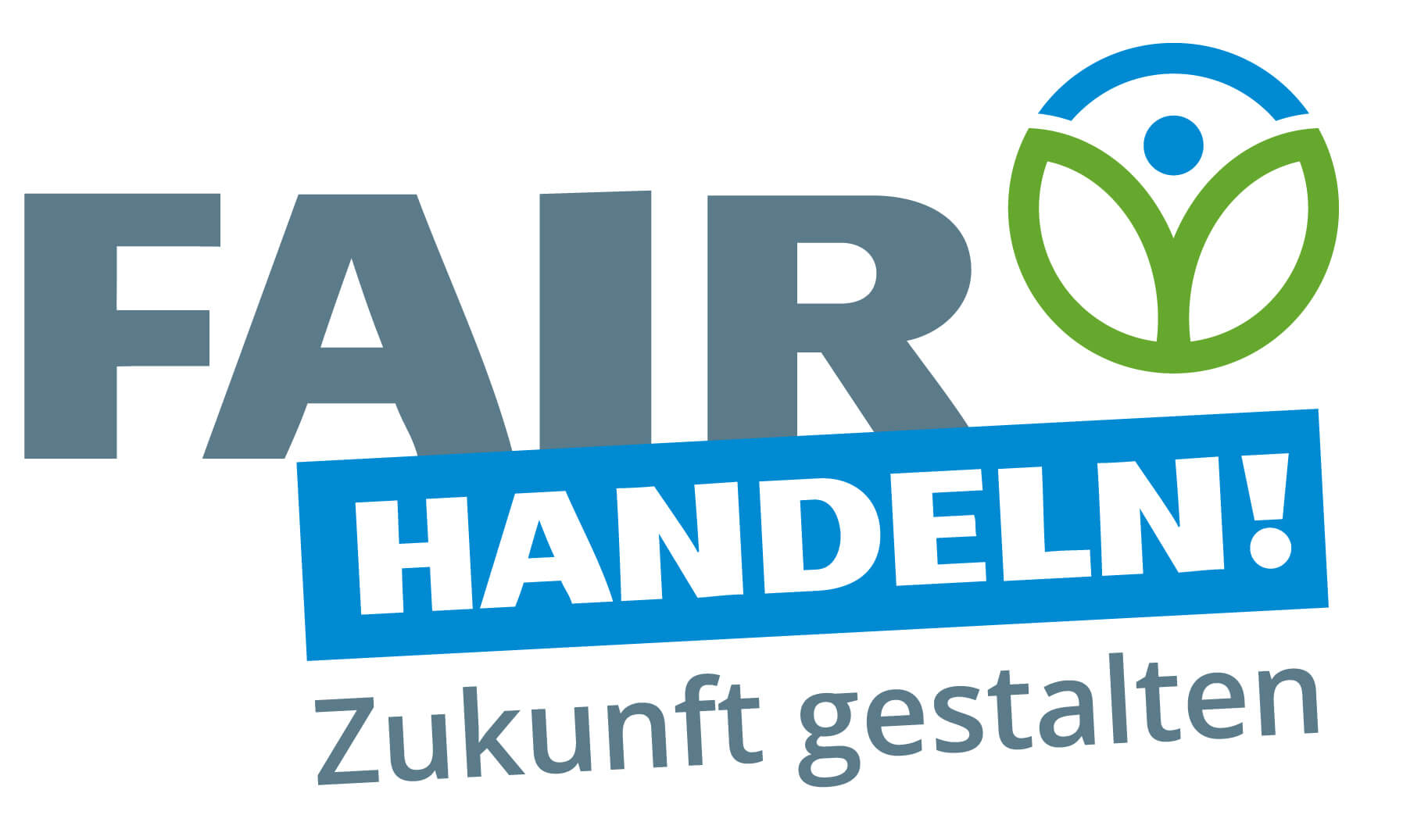Die INEBB-Verbundpartner nehmen an der Programmtagung des Förderschwerpunkts BBNE 2015-2019 teil.
Im Kontext des BMBF-Modellversuches „Berufsbildung für Nachhaltige Entwicklung“ nehmen wir im Wege der projektübergreifenden Zusammenarbeit an dem Wissenschaft-Praxis-Workshop „Ausbilden für nachhaltiges Wirtschaften“ des Projekt „Geschäftsmodell- und Kompetenzentwicklung für nachhaltiges Wirtschaften“ (GEKONAWI) teil, die von der Helmut-Schmidt-Universität Hamburg und der Carl-von-Ossietzky-Universität Oldenburg gemeinsam getragen werden.
Ziel ist es, Diskurse zwischen Vertreter(inne)n der Nachhaltigkeits- und Berufsbildungsforschung einerseits und Vertreter(inne)n der Unternehmens- und Ausbildungspraxis andererseits herzustellen, um daraus Rückschlüsse auf unsere Modellentwicklung und die Ausgestaltung von Fortbilungsmodulen für Ausbilder/-innen und weiteren Zusatzqualifikationen (u. a. für Auszubildende und Mitarbeiter/-innen) zu ziehen.
Festveranstaltung „30 Jahre europäische Zusammenarbeit in der Bildung“. Zu den Vortragenden zählen Bundeskanzlerin Angela Merkel, die Bundesministerinnen Johanna Wanka und Manuela Schwesig (angefragt), die Präsidentin der Kultusministerkonferenz Susanne Eisenmann sowie Tibor Navracsics, EU-Kommissar für Bildung, Kultur, Jugend und Sport.
Die INEBB-Verbundpartner nehmen am Arbeitsforum der Förderlinie 1 der Modellversuche BBNE 2015-2019 des Bundesministeriums für Bildung und Forschung teil.
INEBB wird über die Bundesvereinigung Nachhaltigkeit an der internationalen UN „Partnership for Action on Green Economy“ Ministerkonferenz teilnehmen als Beispiel für Nachhaltige Berufliche Bildung:
Inclusive and Sustainable Economies
Powering the Sustainable Development Goals
The global community has drawn a plan of action for people, planet and prosperity. Achieving the Sustainable Development Goals and laying foundations for addressing climate change within the 2015-2030 window of opportunity can only be described as historic. There is an unprecedented realisation among decision makers from public and private sector that economic and financial policies and practices must play a far greater role in addressing climate change and achieving the Sustainable Development Goals.
In this context, the decisions we make now on investments, infrastructure, measuring economic performances as well as choices about our lifestyles will determine how sustainable, secure and peaceful our lives will be in the future. Our economies must become fit for purpose – they must become green, inclusive and resilient.
The Second Partnership for Action on Green Economy Ministerial Conference in Berlin, following the First Global Conference in Dubai in 2014, will focus on the themes of green investments, sustainable lifestyles and inclusive growth.
Aligning financial flows with climate stability, enabling consumers to choose healthy, low-carbon, sustainable lifestyles, and empowering the poor through jobs, access to education, health, skills and equitable share of economic growth constitute the necessary ingredients for the transformational change we have set the course for with the 2030 Agenda for Sustainable Development and the Paris Agreement.
